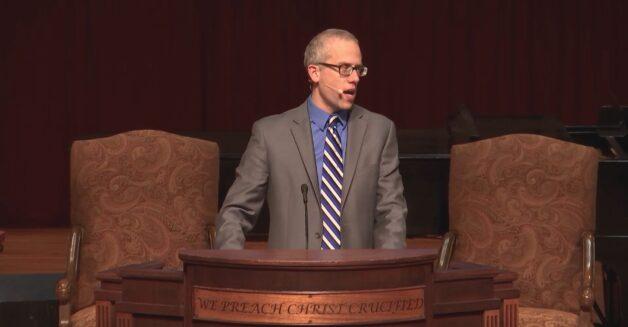Guest Blogger: Jason Helopoulos
We always want to retain both the cognitive and affective elements of our Christian faith. For truth through the intellect informs and stirs the affections and the affections then in turn enliven the mind. The objective and subjective, head and heart, intellect and emotions must be maintained for a true and vibrant Christian faith. Many in the history of the church could be lifted up as models for us in this regard. And one of the best is Charles Hodge. He is a paragon of faithfulness in intellect and affection.
Andrew Hoffecker in his wonderful new biography, Charles Hodge: The Pride of Princeton, offers these thoughts:
“By combining the intellect’s apprehension of the doctrinal truths of the faith with the heart’s affective response to truth, Hodge effectively demonstrates the correlation between Christians’ cognitive and emotive experiences. Genuine faith consists of intellectual assent to Christian truths as well as affective or intuitive feeling. Without either an objective content or an appropriate emotive response, Christian faith would not be genuine. Christian faith could therefore be correctly characterized as both propositional in nature and—as in the title of his book—a way of life. If either the objective or subjective element were eliminated, faith would not be genuinely Christian in nature. For Hodge, the cognitive and affective elements of the Christian faith are necessary, complementary, and never in contradiction. (p.226)
“Not only are intellect and feelings compatible, but Hodge asserted that intellect takes precedence over feelings and also manifests the truth in that it ‘enlarges and improves that of the feelings, and is also enlarged and improved by it.’ He illustrates this point by the colorful phrase that ‘the heart is famished by an idle intellect.’ He continued, ‘When fed by an enquiring mind, it is enlivened, and reaches out of an expanded faith.'” (p.228-229)



